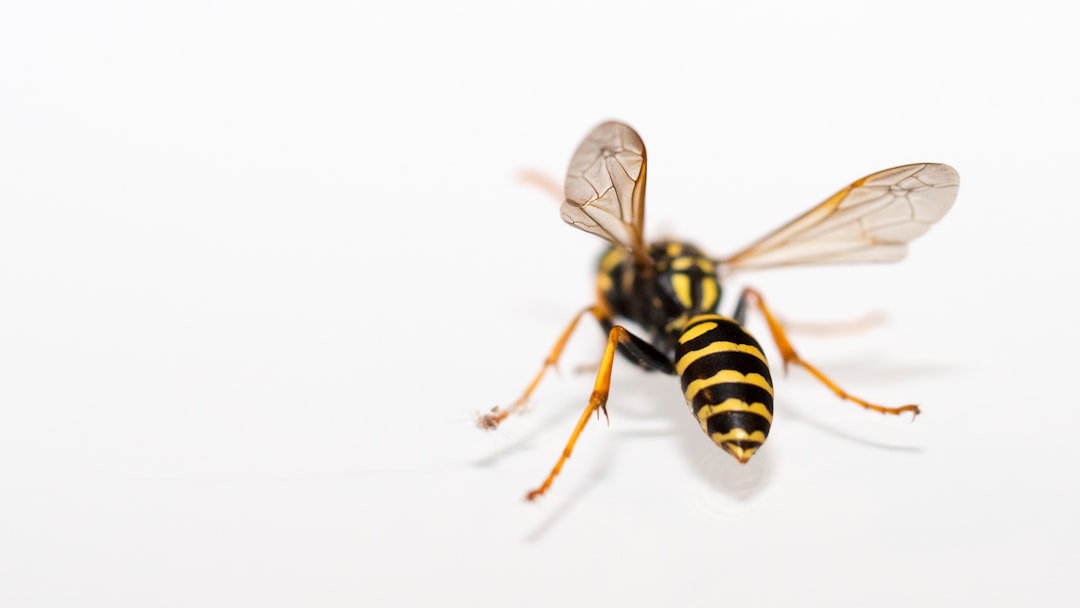What is it about?
The dynamics of microtubule networks are known to have an impact on replication of influenza A virus in some cellular models. Here we present evidence suggesting that at late stages of LLC-MK2 cell infection by influenza A (H1N1) virus the ubiquitin-proteasome protein degradation system participates in destabilization of microtubules, and favours virus replication. Chemical inhibition of proteasome activity partially suppresses influenza A virus replication, while stimulation of proteasome activity favours influenza A virus replication. Conversely, in another cellular model, A549 cells, inhibitors and activators ofproteasomes have a small effect on influenza A virus replication. These data suggest that influenza A virus might take selective advantage of proteasome functions in order to set up a favourable cytoskeletal “environment” for its replication and spread.
Featured Image
Why is it important?
Our results demonstrate that administration of proteasome inhibitor interferes with influenza A virus infection-dependent destabilization of the MT cytoskeleton in semi-permissive LLC-MK2 cells. Although the precise targets of proteasome degradation in infected cells remain to be identified, indirect evidence suggests that these targets include acetylated tubulin and/or enzymes and regulatory systems involved in control of the equilibrium between acetylated and non-acetylated tubulin.
Perspectives
Although our findings support a proposal that UPS functions favour late stages of influenza virus infection in LLC-MK2 cells via preventing MT stabilization and promoting MT-mediated intracellular trafficking, we cannot exclude that the involvement of proteasomes is another way for influenza viruses to shut off or modify MT-related signalling pathways, which might be central to innate immune defence but may also indirectly contribute to virus virulence. Thus, further studies are necessary to better dissect the multifaceted relationship between influenza virus and the MT cytoskeleton and shed light on potential antiviral targets.
Dr. Flora De Conto
Universita degli Studi di Parma
Read the Original
This page is a summary of: Proteasomes raise the microtubule dynamics in influenza A (H1N1) virus-infected LLC-MK2 cells, Cellular & Molecular Biology Letters, January 2015, De Gruyter,
DOI: 10.1515/cmble-2015-0052.
You can read the full text:
Contributors
The following have contributed to this page










